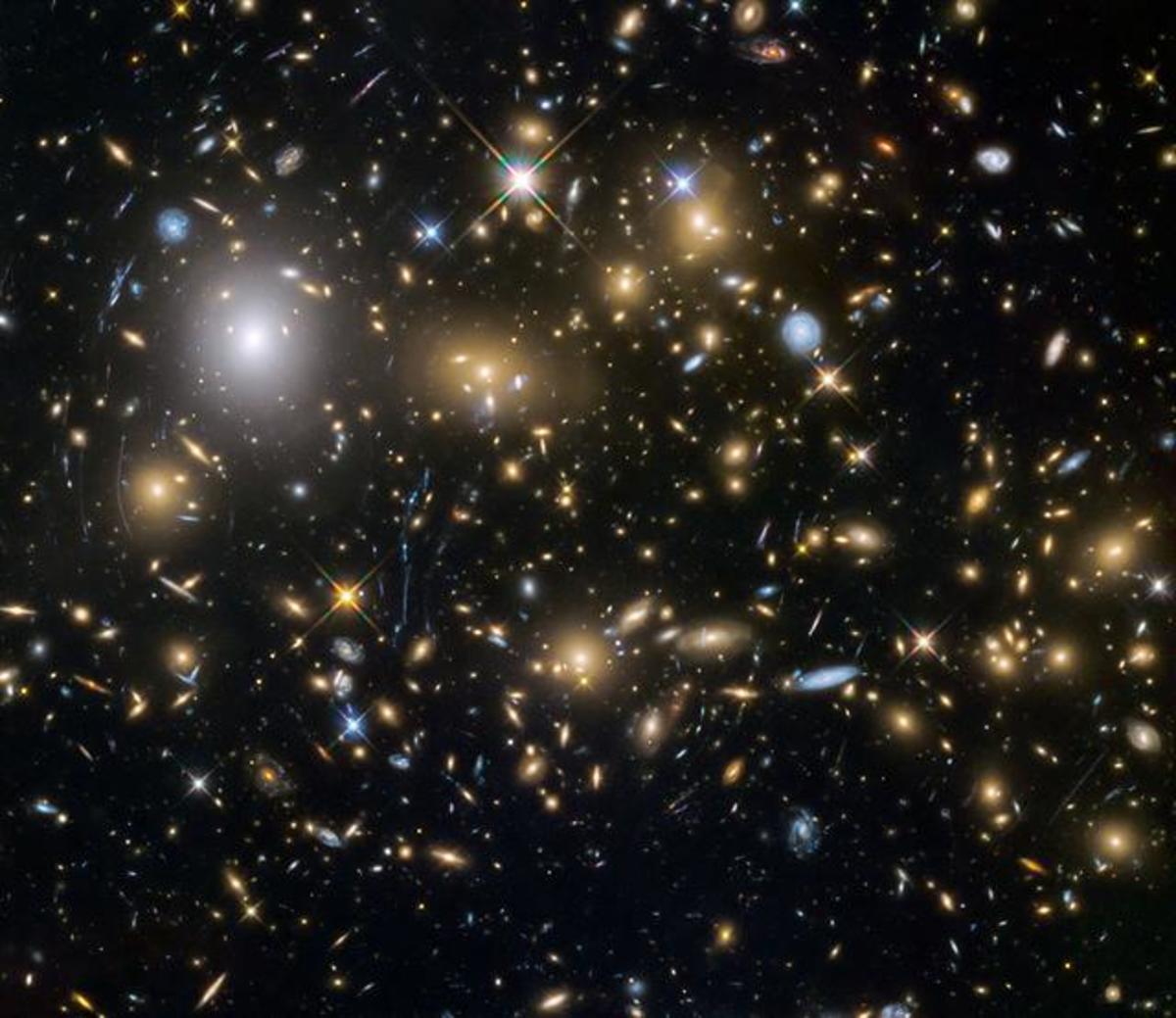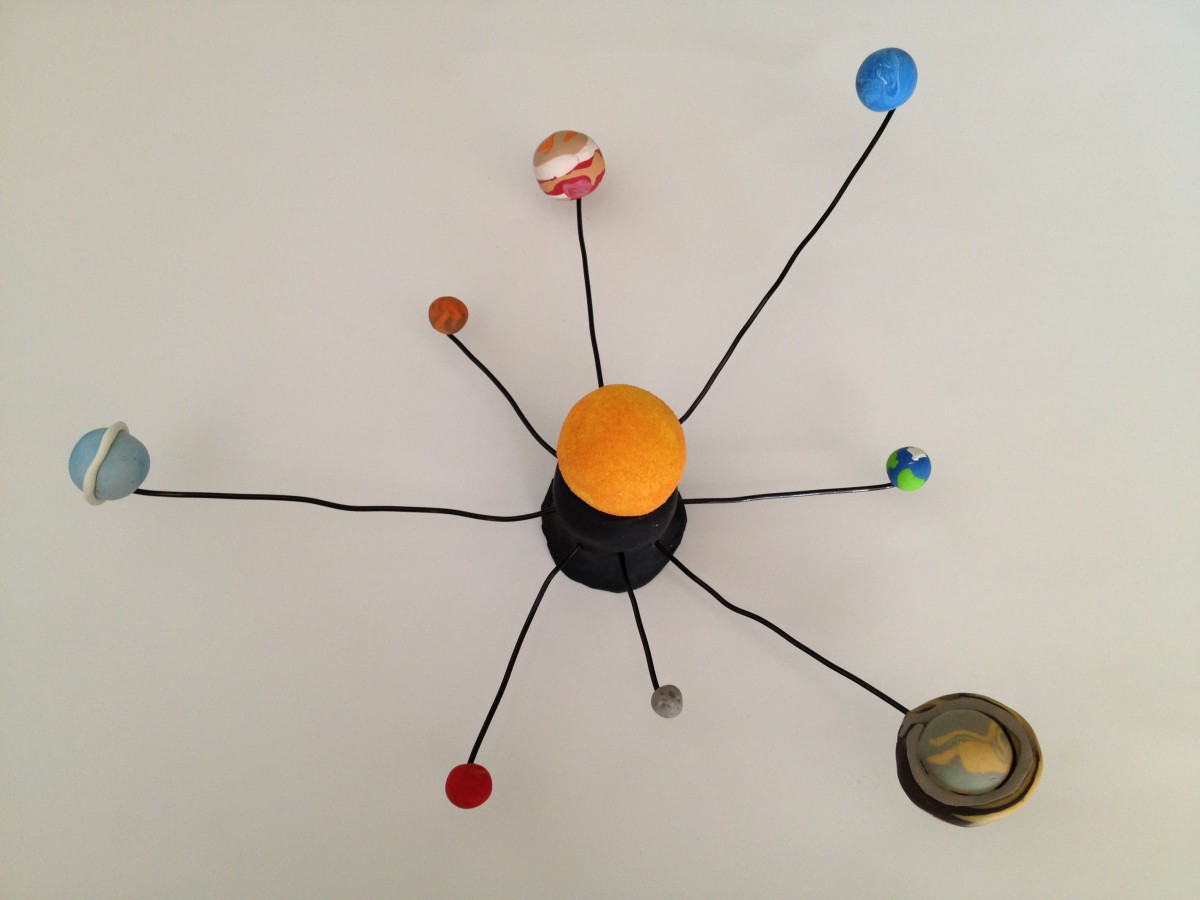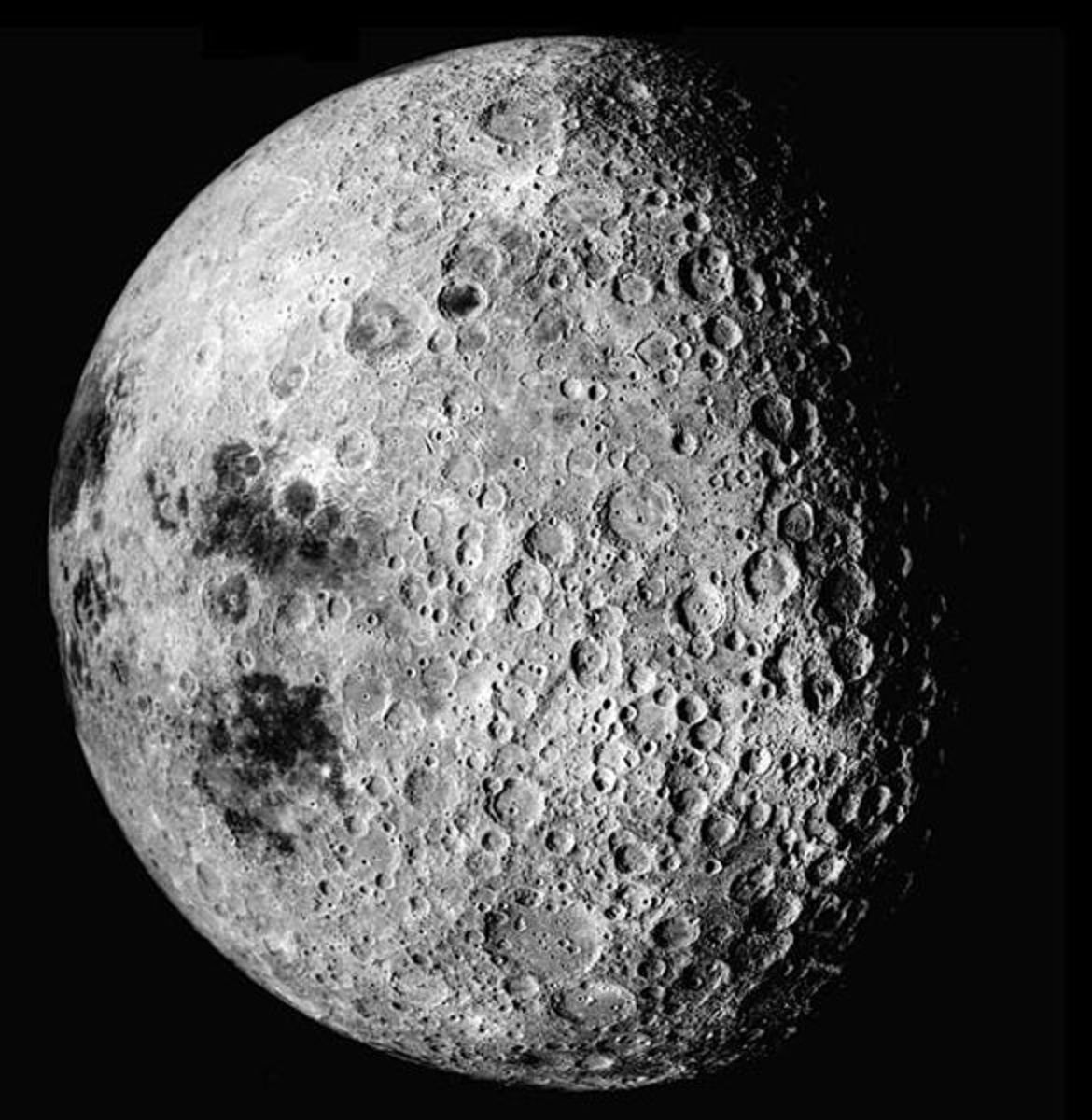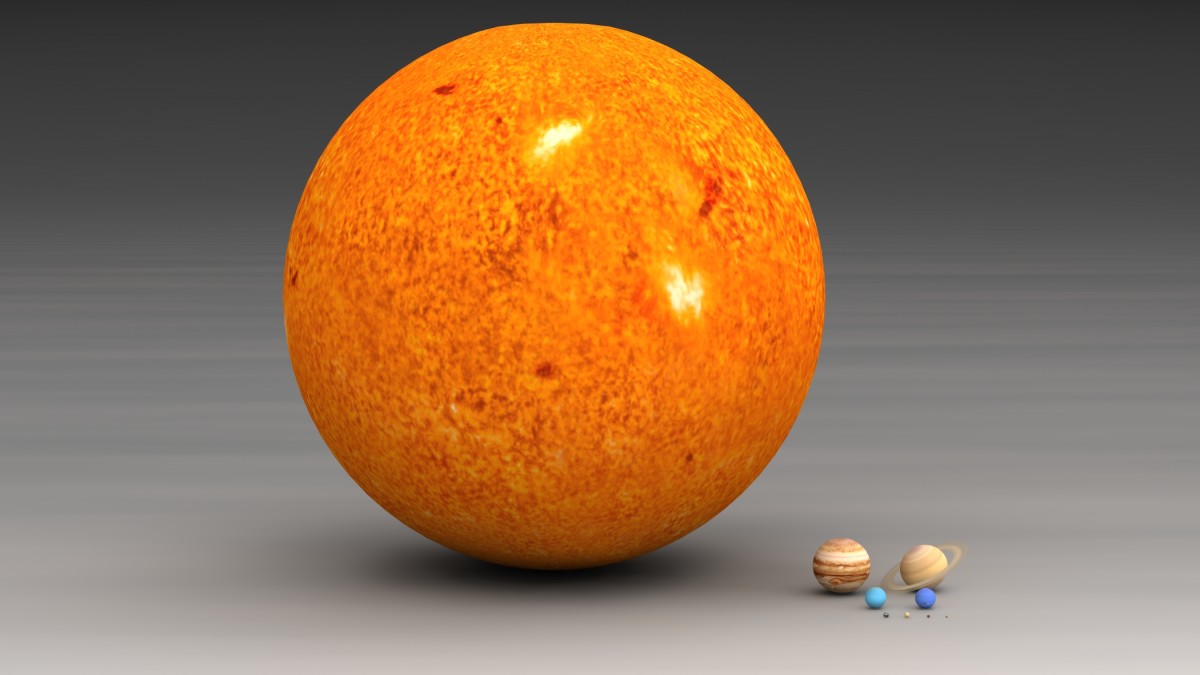Dark Energy - Mystery Revealed
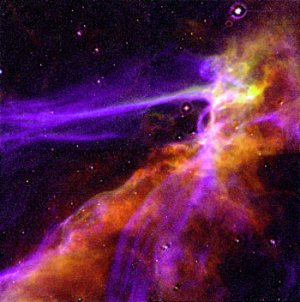
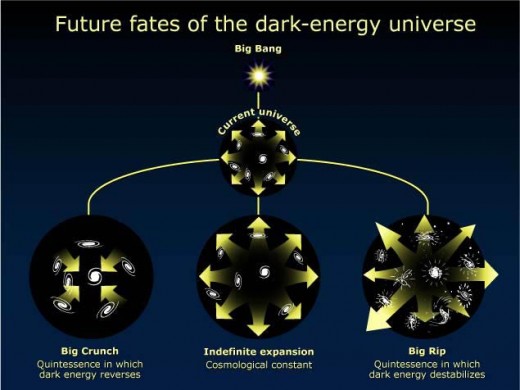
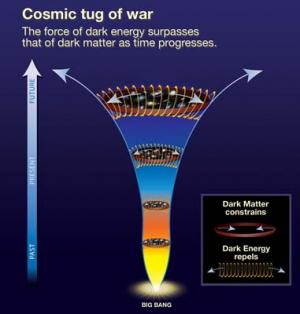
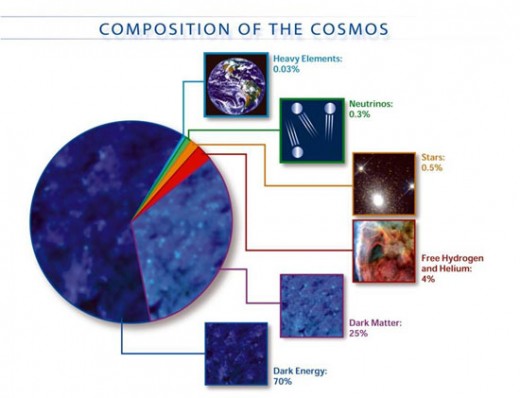
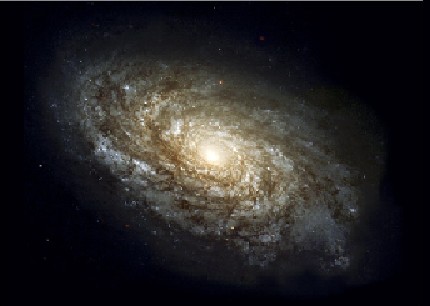
Well, the simple answer is that we don't know exactly but then also we can create some definitions. It seems to contradict many of our understandings about the way the universe works. It is said that the universe is expanding, it is a fact confirmed by the Hubble and Chandra missions' observations; this expansion is slowly accelerating at the moment and it is because of Dark-Energy. Nobody exactly knows what it is but there are some guesses for example it has been proposed that dark energy may be due to zero point energy of vacuum. This is like, as in quantum mechanics, the minimum energy of a harmonic oscillator is not zero, it is 1/2 h nu. Zero point energy has all the characteristics we would need for dark energy; however, if we make a simple calculation, we see that zero point energy gives us a cosmological constant around 10^100 times bigger than what we need to explain WMAP, 2dfgrs, supernovae, etc.
There are theories that use the inflatron (the field whose decay generated inflation) to explain the current acceleration; others that use quantum modifications to Einstein's Lagrangian; modified newtonian dynamics; and really lots of theories, none of them really compelling. Besides dark energy there is one more terms used these days which is known as dark matter. Do you think both dark matter and dark energy are same or is there any difference between them? To understand this, read below.
What is the different between dark matter and dark energy? In simple terms, dark matter is the non-baryonic matter. For instance, when seeing the speed of the stars rotating in our galaxy, we see it does not fall with r^-0.5 as expected for big radii. So it means that we do have matter for big radii and we are not seeing it, that is why it is called dark matter. Dark energy would be the responsible for the acceleration of the expansion of the universe. It would have the opposite effect of gravity.
To explain it further, one must know that dark energy is (hypothetically) reason for accelerating expansion of universe giving a feeling of a force acting opposite to gravity and thus the reason for the death of universe. The dark matter, on the other hand, might well be reason for the unexplained excessive gravity observed in galaxies, holding the stars and star systems together, which would otherwise have been thrown apart by the speedy rotation of galaxies. Any form of matter, which does not interact with light, is called the dark matter. It may be baryonic, means made from protons or neutrons or may be non-baryonic means made from some exotic particles like axions, neutralino, neutrinos, etc. However, on the basis of observations, it has been argued that the dark matter in our universe is of non-baryonic type. Gravitational properties of the dark matter are the same as of normal matter.
Dark energy is very different form of energy. It has negative pressure and so produce repulsive gravity. We do not know much about dark energy. It may be "cosmological constant" also which has an unusual property that its energy density does not fall when the universe expands.
We can measure the amount of dark energy by finding out how the very distant objects like supernovae are moving with respect to us, i.e., for non zero dark energy their motion is accelerated and this acceleration is in proportion to the amount of dark energy.
Dark matter is a mysterious form of matter, which exerts gravitational effects on ordinary matter but cannot be observed via any other means. While conventional matter-clouds can be detected through their stellar activity, light scattering, radio emissions, and other means, dark matter clouds are invisible to the vast majority of our instruments. Yet they constitute 90% of the matter in the universe.
Dark energy acts as a repulsive force, or anti-gravitation. It is responsible for the acceleration of the universe today. Dark energy is probably related to a vacuum energy density.





